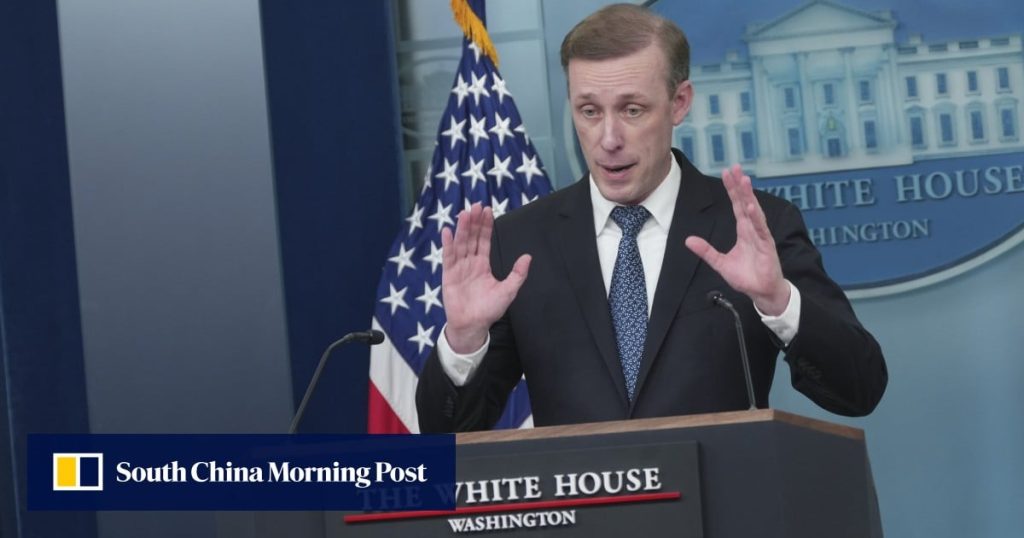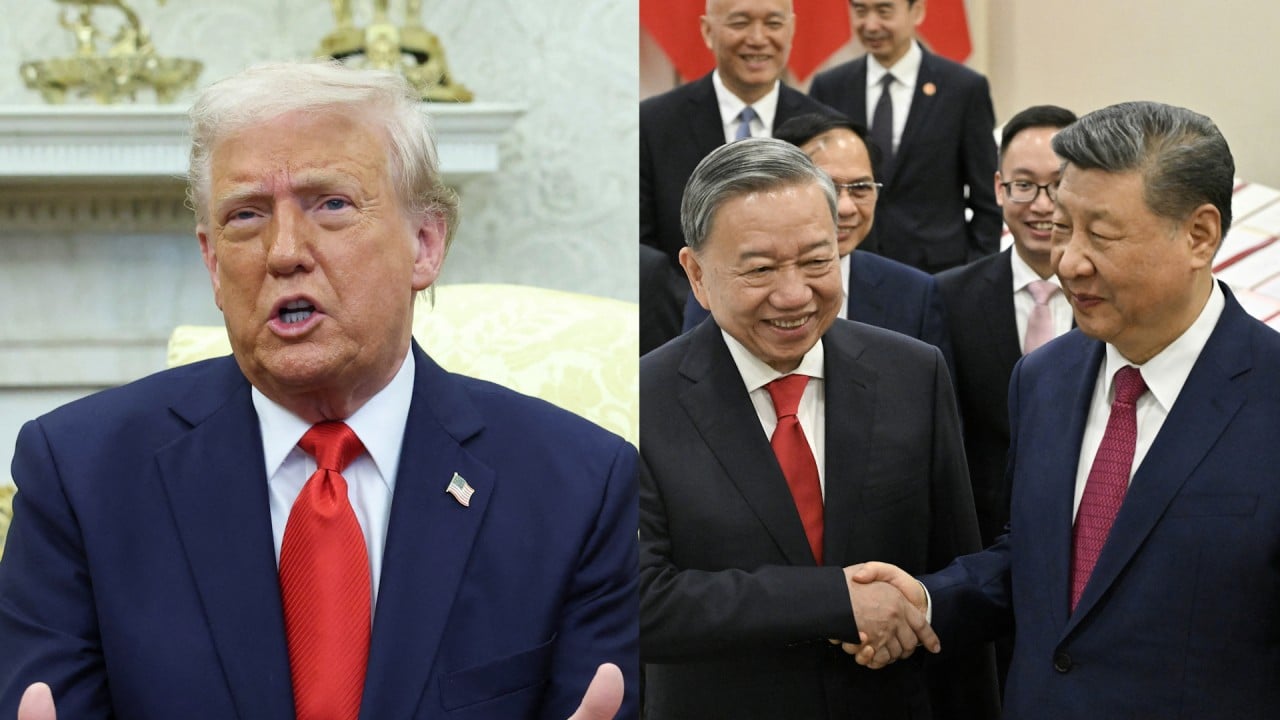“There are people in Washington who would say, ‘Jake, you’re wrong. The end state is we win, they lose, we crush them’,” Sullivan said. “I do not think that those voices have an accurate read of either how to balance US interests in the middle term, or what is a plausible outcome that serves us all.”
US leadership would benefit by realising it was not going to see US-China competition disappear and its adversary somehow implode, as happened with the Soviet Union, he added.
“No matter what happens in that competition, we’re both going to be there in the world as countries,” Sullivan told Harvard students and faculty. “There’s not an end state that just resolves all of this. There’s rather a steady state of managed competition.”
Sullivan joined the Kennedy School earlier this month, taking up its first professorship named after former secretary of state Henry Kissinger. Sullivan’s stint as national security adviser for Biden’s four-year term followed extensive experience in government, academia and think tanks.



